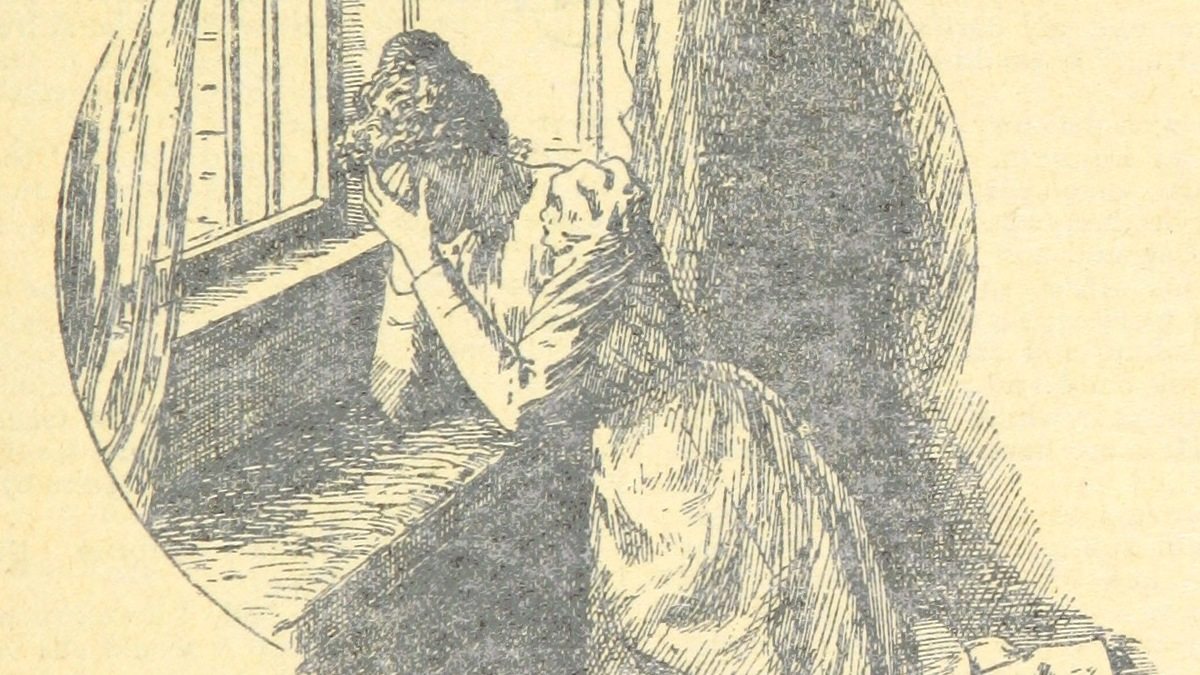
I am relatively new to Magic: The Gathering. I remember hearing about it, years ago when it was new. But it seemed that only kids played it. No one I knew was into it. I was 20 by the time it came out in 1993, busy going to college, so it passed me by. I always loved board games, but I couldn’t afford collectible card games which required money to keep buying cards to improve your deck.
Fast forward about 18 years. I found out that some of my friends, both my age and considerably younger, loved to play Magic. They all started playing together, and because I didn’t want to miss out on the fun, I decided to learn the game.
Note: If you know nothing about Magic: The Gathering, take a few minutes to read up on the basics at the Wizards of the Coast website.
If you are new to Magic, I don’t recommend learning the way I did. My first introduction to the game was with a deck that had a lot of complexity. I would have done better to learn with the most basic cards possible, because it is kind of like learning a new language. There were too many new terms and rules thrown at me at once and it was confusing. The game dynamic was unlike anything I had ever played, and despite my friends’ assistance, I had no idea what I was doing. Also, we played a three person game to start. I don’t recommend this. Instead, learn Magic with some basic cards and just two players.

Now, though, after a lot of trial by fire, and some very patient and helpful friends, I almost sort of just about feel like I know what I am doing when I play. I still usually lose, but sometimes I can get a decent turn in before then. As with anything, Magic is more fun when you know what you are doing.
For most of the time I was learning the basics, I owned no cards of my own. My friends were kind enough to loan me their decks, but it was usually a different deck each time, and I never got to know any of them well.
Then GeekMom Kristen came back from a con with a bunch of decks, and she sent me some. I received five small decks, each with 30 cards, and each a different color (there are five basic card colors in the game ). After a lengthy chat with my favorite but brutal Magic opponent, I mixed up a pair of those decks and headed to a Magic night with friends. I did pretty well, actually winning once. This was also my first experience playing one on one. I have to say, it is much more straightforward that way. You always know who you are fighting.
Magic Tips for Newbies:
- Find a patient friend to teach you.
- Play with just two players until you get the hang of it.
- Start with the most basic decks possible.
- Get to know the deck you are using in advance.
- Think about how the cards can work together.
Next, the Wizards of the Coast guys sent me some decks, including a pair of dueling decks and some booster packs. The dueling decks are Venser vs. Koth. Each deck has a Planeswalker that, if you can get it out during the game, is supposed to aid you in winning, or at least gives you some additional options and protection. He acts a bit like an extra player in the game, on your team.

Venser vs. Koth, and other dueling decks, are not for newbies. Even having played a couple dozen Magic games already, I felt lost most of the time playing with these decks, despite having read through all the cards in advance. I knew how to play each individual card, but I wasn’t yet familiar enough with Magic or these specific cards to help everything work together toward the goal of killing the opponent. Knowing how to best make use of cards together, and the deck as a whole, is the key to winning Magic, at least against people who know what they are doing.
Still, I could easily tell that the dueling decks were effective, both against each other, and against other decks. My friend helped me test them out. When pitted against each other, he won both games (we swapped decks in between), probably because he’s been playing Magic longer than I’ve had children. But it showed that it isn’t just what you have, it’s what you do with it. If you know how to make the most of the cards you get, your chances of winning are good.
I also let two of my friends who are experienced Magic players play these dueling decks against each other, and they gave me some useful feedback about them. Listening to the two of them talk about the game is like listening to people speak in another language in which you only know a couple dozen of the words. You may understand a word here and there, but a lot of the meaning is lost on you. As with any topics of depth, Magic has plenty of specialized vocabulary that takes a while to learn.
Here is their feedback about the Venser vs. Koth decks:
- Playing the decks against each other is a good way to start. They are balanced enough and not too powerful, so both sides have a chance to win.
- The decks are thematic and fun, and are decent casual decks.
- The decks are good launching pads for developing into more complete decks.
- Making some modifications would make the decks even better, but it’s a good start.
- There is an opportunity to learn a variety of strategies with the decks.
- With them, you can learn your potential errors, and learn from your mistakes.
- The decks need to be tuned if you want to play with them competitively.
- The Planeswalkers can be helpful depending on your strategy, but they don’t guarantee a win even if you’re able to use them.

Overall, I feel like I’d enjoy Magic more if I’d gotten into it when I was younger, and before there were quite so many kinds of cards and rules floating around. Being the only newbie playing among experts is intimidating and a bit demoralizing. But given enough time and enough study of my decks, I think I will like it more as time goes on. Knowing what you have in your deck, and knowing how all the pieces work together, is really key to playing and winning the game.
If you want to get into Magic, spend some time on the Magic: The Gathering website to learn more about the game. There you can learn about the game mechanics, the cards, and the Multiverse where it all takes place, and you can download an interactive demo to see the game in action. You can also input your location and the site will tell you if anyone is playing Magic in public near you.
Veteran Magic players: What other sites do you recommend for learning game strategy and mechanics?
After you’ve played with some basic decks for a while, try building your own deck (borrow cards from a friend if you’re not ready to invest the money on your own). That way, you’ll see better how the cards interact with each other, and how much mana you will need in the deck to pull it all off.
Magic: The Gathering cards are available in your favorite game shop, on Amazon, on eBay, or in a variety of other places. Buy or borrow some cards and battle your favorite friend. Prices for cards vary by how unusual they are, and new cards and decks come out all the time.
Note: I received some Magic cards for the purposes of this review.




